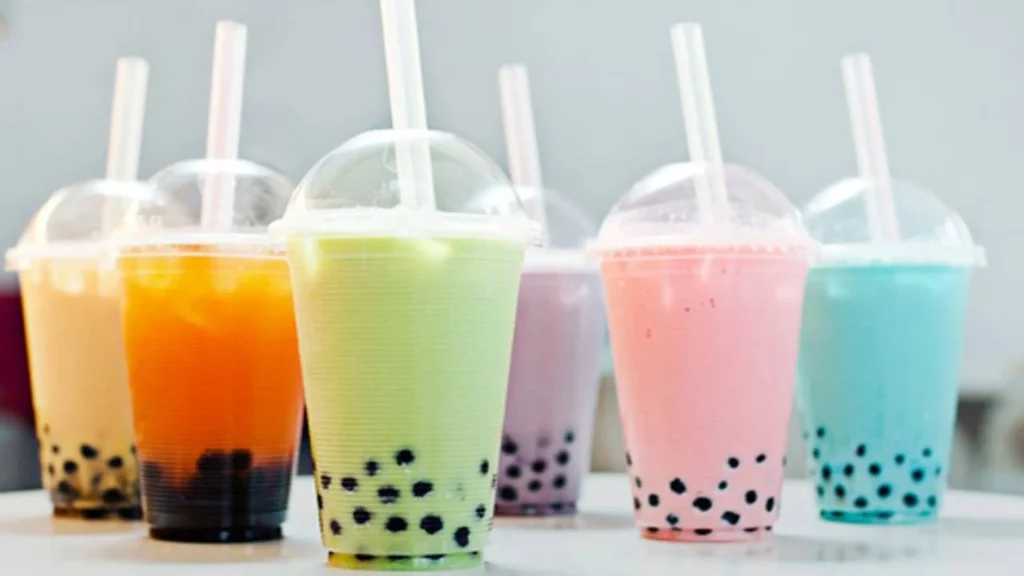
by Rahim Said
In a cautionary tale from Taiwan, a 20-year-old woman named Xiao Yu recently underwent surgery to remove over 300 kidney stones, a consequence attributed to her excessive consumption of bubble tea.
This incident sheds light on the potential health hazards posed by the popular beverage, particularly among the younger generation addicted to its sweet allure.
Xiao Yu’s hospitalisation was prompted by a fever and severe lower back discomfort, symptoms that led to the discovery of fluid retention and kidney stones ranging from 5mm to 2cm in size.
Disturbingly, her white blood cell count had surged due to the overindulgence in bubble tea, highlighting a correlation between this trendy drink and adverse health effects.
The surgeons at the Chi Mei Medical Centre used minimally invasive techniques to remove the kidney stones, describing them as “small steamed buns.” This vivid analogy underscores the severity of the situation and emphasizes the need for public awareness regarding the consequences of excessive bubble tea consumption.
Dr. Lim Chye Yang, the urologist who performed the surgery, noted that approximately 9.6% of Taiwanese individuals will experience kidney stones at some point in their lives.
He also highlighted the seasonal aspect of kidney stone prevalence, with spring and summer witnessing a higher incidence due to dehydration from hot weather.
Xiao Yu’s preference for bubble tea over water raises concerns about hydration practices among the youth.
As the drink gains popularity globally, (Malaysia included), it becomes imperative for individuals, especially the younger demographic, to strike a balance between indulging in trendy beverages and maintaining a healthy lifestyle.
This incident serves as a stark reminder that moderation is key, and the consequences of neglecting hydration in favour of sugary drinks can be severe.
As we savour the bubbles in our tea, let us not forget the importance of staying well-hydrated with water — a choice that could spare us from the discomfort and risks associated with kidney stones.
In conclusion, Xiao Yu’s unfortunate experience underscores the need for increased awareness about the potential health hazards linked to excessive bubble tea consumption.
It’s a wake-up call for young Malaysians everywhere, to prioritise hydration, make informed dietary choices, and enjoy trendy beverages responsibly to safeguard their well-being.
Dr. Rahim Said is a human behaviourist and a regular contributor on digital media platforms. He is a professional management consultant, a corporate trainer and an executive coach specialising in coaching of senior executives and individual entrepreneurs with the purpose of modifying their behavior in the pursuit of their cherished missions.
WE